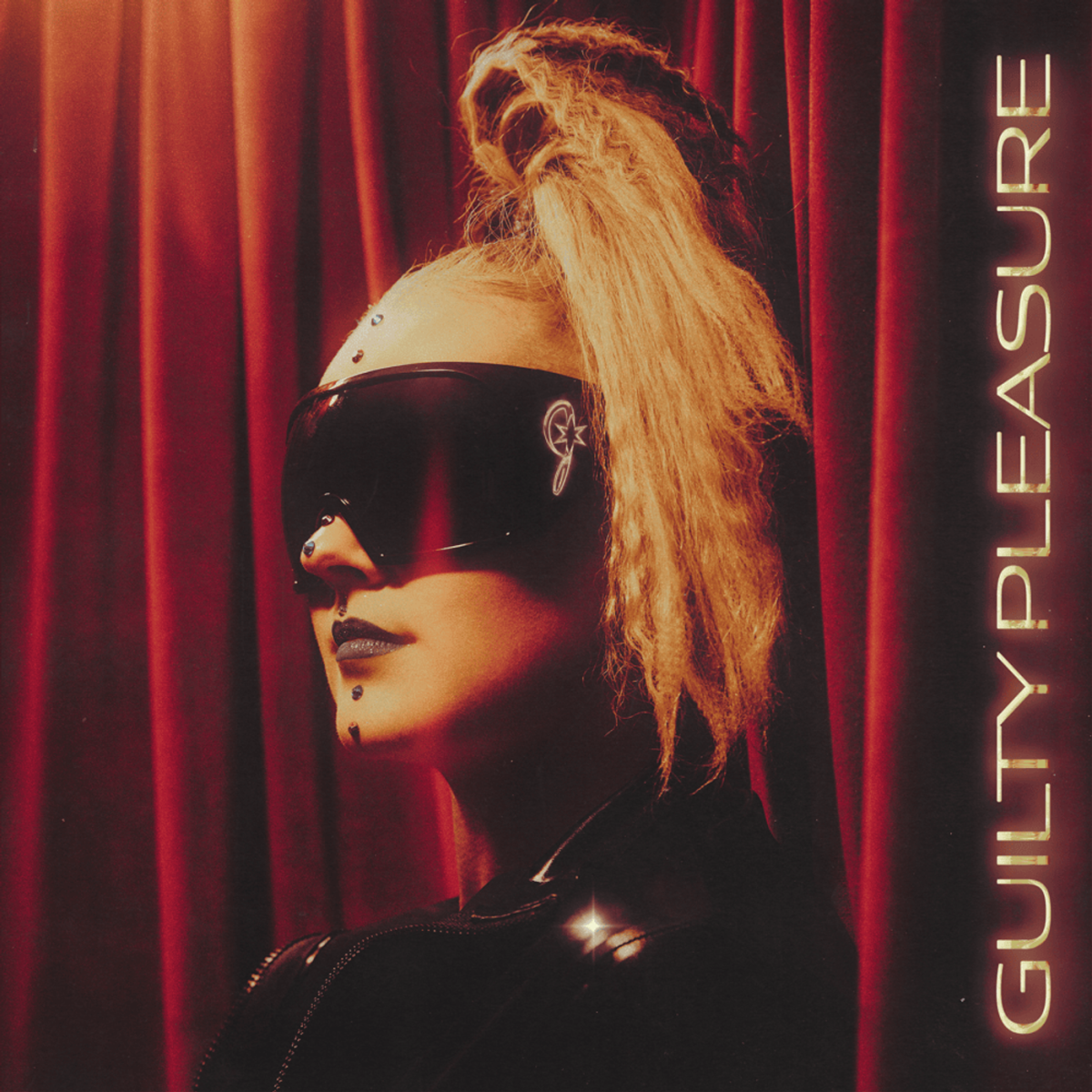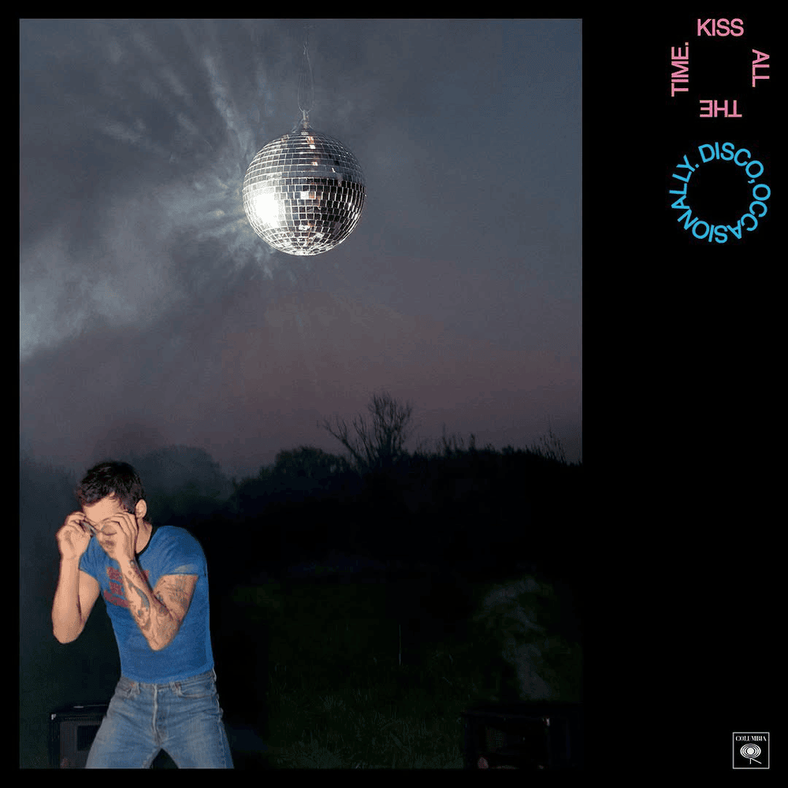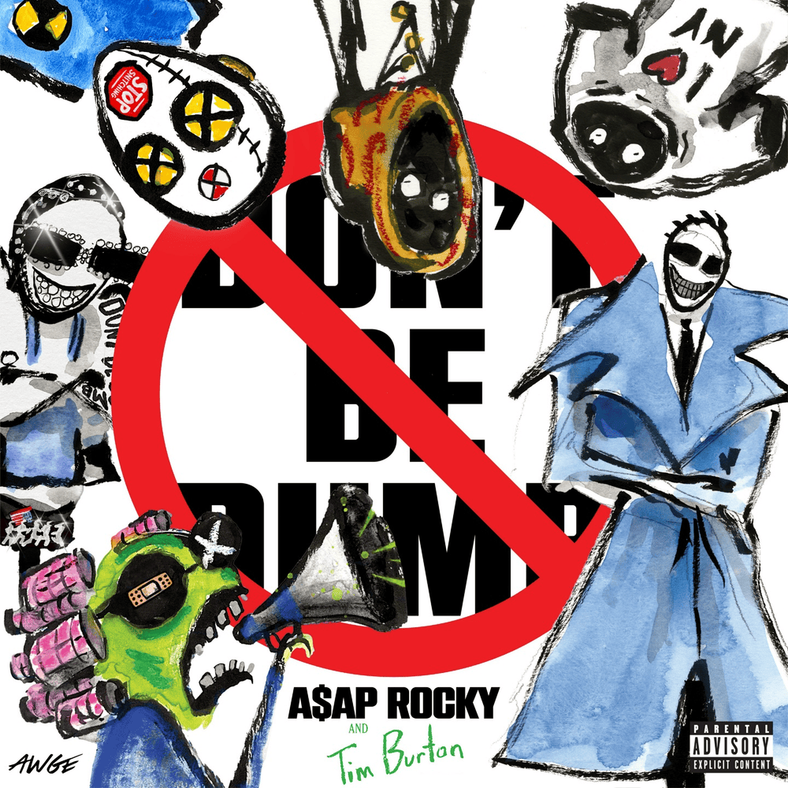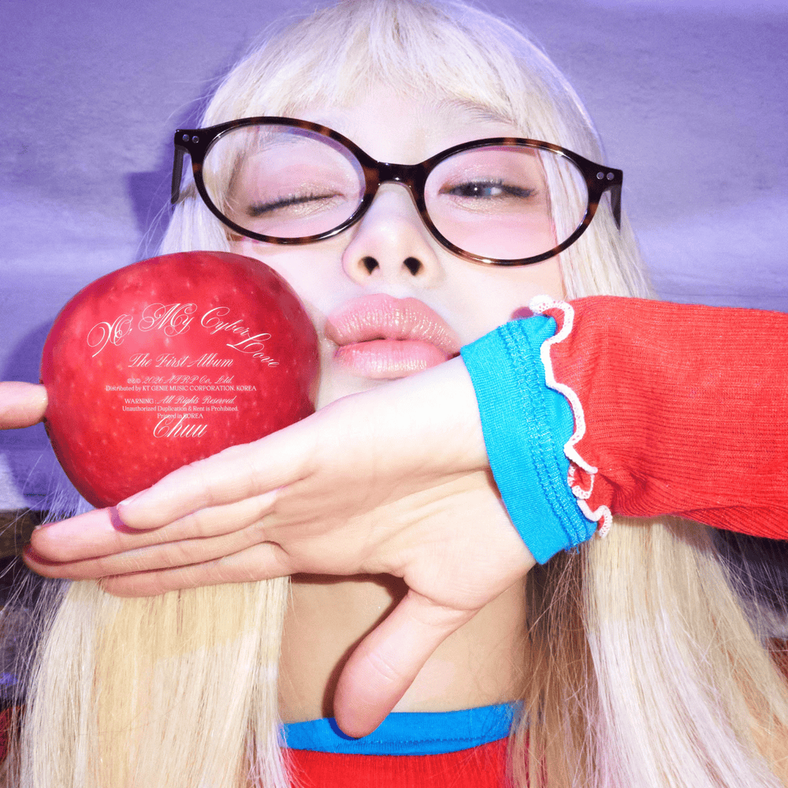JoJo Siwa released her fourth EP, “Guilty Pleasure,”on Friday. This followed the release of the final track, “Karma.” as a single in April, and her self-proclaimed “rebrand.”
Ending her “child pop” music career, Siwa’s new “bad girl” era aims to mature her public image, according to Entertainment Tonight. Drawing inspiration from Miley Cyrus’ rebrand, she utilizes synthesizers and dance-pop instrumentation for catchy pop songs.
The EP opens with the title track “Guilty Pleasure,” a hyperpop piece reminiscent of 2010s club music — a sound on the rise again with the release of Charli XCX’s new album “Brat.”
The song opens with heavy bass and echoey background vocals. Siwa’s voice is only backed by bass and electric keyboard for the bulk of the song, giving a feature to her vocals. Straying from the raspy sound she has maintained in new music like “Karma,” the vocals on this song are impressive, making the song smooth and easy to listen to.
At about the two-minute mark, Siwa breaks in with a bridge paced similar to a rap song, with thrumming bass and rhythmic lyrics.
Get The Daily Illini in your inbox!
“I know what drives you crazy/ Wish I could be your baby/ I make your mind go filthy/ And that’s what makes you guilty,” Siwa sings in the bridge.
Written and composed by pop icon Meghan Trainor, this song is the strongest track on the album. Its repetitive lyrics work with the pacing and electronic sound. Fun and catchy, it’s perfect for a night out of dancing alone in your room.
“Balance Baby” is the second track on the album. Siwa teased the song on her Instagram Monday, facing a mass of criticism from listeners.
Like the former song, “Balance Baby” is incredibly bass-heavy, featuring almost no other instruments. It differs from the previous song in the lyrics — where “Guilty Pleasure” has very little variety in the lyrics, this song tells a story.
Siwa emphasizes the diversity of her personality, singing about the different things she can do — things that give her balance.
“I can do pricey, I can do cheap/ I can do modest, I can go full on freak/ I can go runway or show up in jeans/ I got dimensions, complexion, but it’s all me,” Siwa sings.
With its bass-reliant instrumentals and electropop sound, the only thing that sets this song apart is the lyricism, and not for a nice reason.
The chorus, released in the aforementioned Instagram reel, was met with extreme backlash.
“I like twirlin’ in a ballroom, twerkin’ in the bedroom/ Switch it on the daily, I got balance, baby/ Sleepin’ on a Sunday, grindin’ on a Monday/ Flippin’ it one-eighty, I got balance baby,” Siwa sings.
The song certainly stands out, matches the vibes of the album and fits into Siwa’s rebrand, but it isn’t a piece of music that many would enjoy listening to casually unless it was specifically sought out. And, despite having a dance music beat, it carries too much of the sound Siwa honed when she produced content for children to be enjoyable to someone above the age of 12 — and even then, the lyrics make for a song many parents wouldn’t allow their children to listen to.
“Yesterday’s Tomorrow’s Today” is the third track.
Siwa’s voice is the star of this song, conveying an upbeat message to her audience to live life to the fullest, despite worries.
“Before you know it, you’ll be dead/ Or at best, you’ll be old and gray (…)/ Our time is borrowed and it’s moving crazy fast/ Every tomorrow is a day we won’t get back/ Keep burnin’, keep livin’, knowin’,” Siwa sings.
This song comes into its own with positive lyrics and unique instrumentals, featuring what sounds like a bongo drum and accordion.
This song is a fantastic display of Siwa’s musical ability, finding an enjoyable middle ground between her old music and the highly scorned new music. “Yesterday’s Tomorrow’s Today” could easily be slotted onto a “Clean The House” or “Girl’s Trip to Miami” playlist.
Most reminiscent of her older works, “Choose UR Fighter” is the fourth track.
The song begins with a synth-esque electric tune that reminds a retro connoisseur of 1980s arcade games. The tune of the song, backed by the same synth, follows a sound pattern similar to Siwa’s 2016 hit “Boomerang” — slower paced, mellow lyrics, but still staunchly pop, until the chorus, when things pick up and become more intense.
But, contrary to “Boomerang” and other messages Siwa put out when she performed for a younger audience, “Choose UR Fighter” immediately demeans and puts down Siwa’s former partners.
“Some of my exes are ugly/ Some of my exes are vain/ Some of ‘em held me like heaven/ But pleasure don’t make up the pain/ Some of my exes are no one/ Some of my exes have fame (You’re welcome)/ Each of them loved me so different/ But all of ‘em hurt me the same,” Siwa sings.
Siwa, previously a major advocate and educator on the topic of anti-bullying, makes a shocking lyrical change in this song. While other songs have been about former partners, this one openly criticizes them. She degrades appearance, self-worth and social standing — all major tenets of the anti-bullying movement.
Despite her attempt to shift genre and public image, no one can reverse her historical impression on children. And despite moving to a more grown-up persona, it’s inevitable that young, impressionable people are still watching her — especially with her presence as a young queer artist.
Seeing an anti-bullying advocate, the same girl who sang about staying true to yourself and gave a TED Talk on kindness, publicly demeaning and degrading other young women has the possibility to leave the wrong impression on the adolescents that consume her media.
“Choose UR Fighter” is certainly musically unique, but it doesn’t stand out against the backdrop of the album. Added to the hypocritical lyrical vibe, the song may be Siwa’s weakest.
The final track on the album is “Karma,” Siwa’s infamous career-altering pop song.
Labeled as the beginning of a new era, “Karma” is a rhythmic electronic dance-pop song originally written by Brit Smith.
The beginning builds into a bopping synth tune, backing Siwa’s vocals. She sings about the tail-end of a relationship, and how it feels to see an ex-partner get into another relationship.
The song is catchy enough with a good beat, but it feels dated — something that makes sense considering it was first recorded in 2012. Much like “Balance Baby,” the song is well-known and has earned its reputation as quintessentially JoJo Siwa through immense internet ridicule. It has a vivid place on this album, but not for a positive reason.
Drawing inspiration from 2010’s child star turned pop icon Miley Cyrus, Siwa has marked “Guilty Pleasure” as the beginning of her rebrand. But, where Cyrus developed her own unique sound, Siwa retains the aura of her old career.
For all of its negative notoriety, “Guilty Pleasure” does take on a sound of its own. Some songs are stronger than others, whether rhetorically or metaphorically. The dance-pop vibe is incredibly well done instrumentally, with well-paced and catchy tunes. The backing tracks to the songs have an incredible amount of merit on their own.
Long gone are the days of bright colors and bows, Siwa can now be seen clad in black costumes, rhinestones and boldface paint. While she has progress to make — especially in the public eye — to grow her image up, no one can deny that “Guilty Pleasure” earns a massive spot in JoJo Siwa’s discography.






